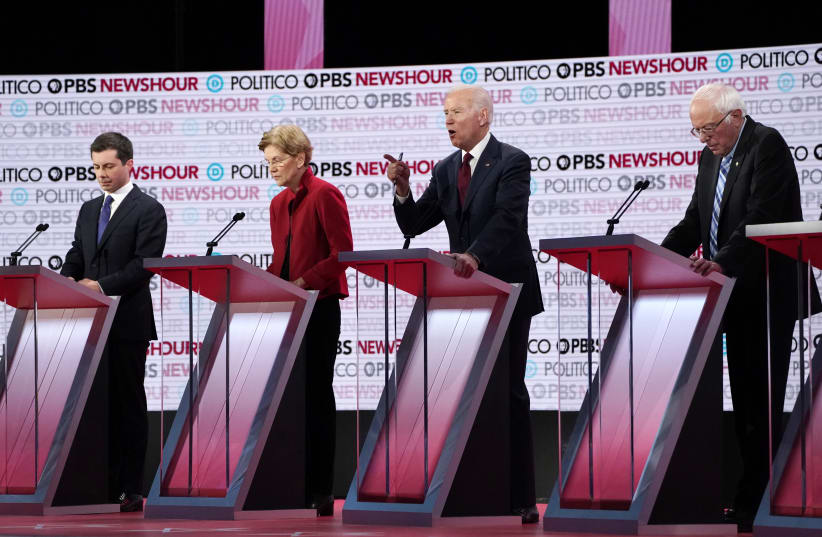The peace plan will be an important issue in the 2020 US elections
The fact that the plan offers the Palestinians four years to come to the table assures that Trump's vision to the Middle East will be a meaningful part of President Trump's reelection campaign.
